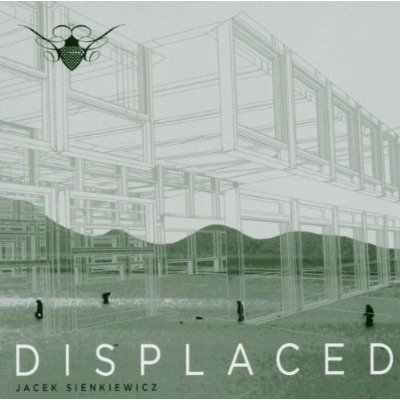
description
6Vuelve el autor de Ama con una luminosa novela sobre la depresión y la fragilidad masculina. «Carnero hace aflorar la belleza en los momentos más inesperados. Da igual si es imposible advertirla, él la crea donde no la hay. Es la esencia de la literatura. -Juan Tallón Si es cierto que las historias nos salvan, esta es la historia de alguien que se salvó contándola. Es el relato de una depresión, de un vacío repentino en la vida de un hombre que bajo la mirada del autor se convierte en un trasfondo luminoso para hablar de lo importante, de todo aquello que se siente y no se dice. Este viaje al fondo de una enfermedad que aún se nombra en voz baja nos habla de un padre, de un hijo y de todos los que les rodean. Nos habla de un enamoramiento transatlántico, de una misteriosa mujer que calla su dolor, de madrugadas en Buenos Aires y días circulando por carreteras secundarias españolas, de un funeral desértico en Cádiz o de un vuelo alucinógeno desde la selva amazónica hasta los altos hornos de Vizcaya. Nos habla de la madre fallecida que nunca se ha ido y del padre que siempre está ahí, de lo frágil de la masculinidad, de sus trampas y sus máscaras. Después de Ama y con su segunda novela, Carnero se confirma como un autor capaz de construir un universo propio mezclando memoria y ficción, acercándonos a hombres que están solos en hospitales y en velatorios, en bares de carretera y en áticos de diseño; hombres que quieren pedir ayuda pero que no saben cómo. ENGLISH DESCRIPTION The author of Ama returns with a brilliant novel about depression and male fragility. Carnero brings out beauty in the most unexpected moments. It doesn't matter if it's impossible to notice, he creates it where there is none. It is the essence of literature. -Juan Tallón If it's true that stories save us, this is the story of someone who was saved by telling it. It's the story of a depression, of a sudden emptiness in the life of a man who, under the author's gaze, becomes a luminous background to talk about what's important, about everything that is felt, but not said. This journey into the depths of a disease that's still mentioned quietly tells us about a father, a son, and everyone around them. It tells us of a transatlantic crush, of a mysterious woman who silences her pain, of the early mornings in Buenos Aires and days driving on the backroads in Spain, of a desert funeral in Cádiz, or of a hallucinogenic flight from the Amazon jungle to the saunas of Vizcaya. It tells us about the deceased mother who never left and the father who's always there, about the fragility of masculinity, its traps and its masks. After Ama, with his second novel, Carnero confirms himself as an author capable of building his own universe by mixing memory and fiction, approaching men who are alone in hospitals and at wakes, in roadside bars and in designer penthouses; men who want to ask for help but don't know how.
member goods
No member items were found under this heading.
Return Policy
All sales are final
Shipping
No special shipping considerations available.
Shipping fees determined at checkout.







